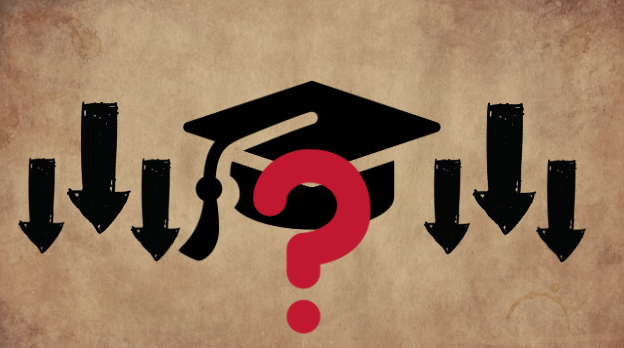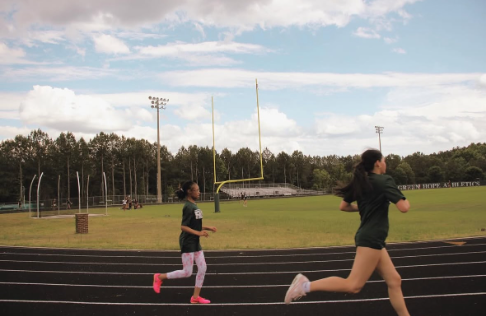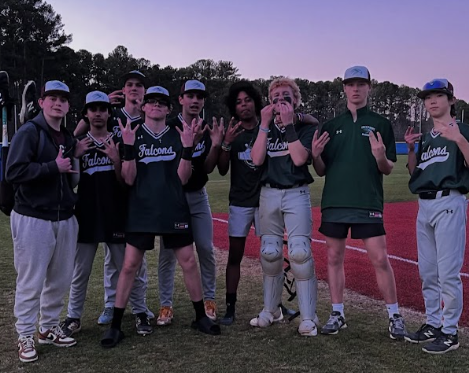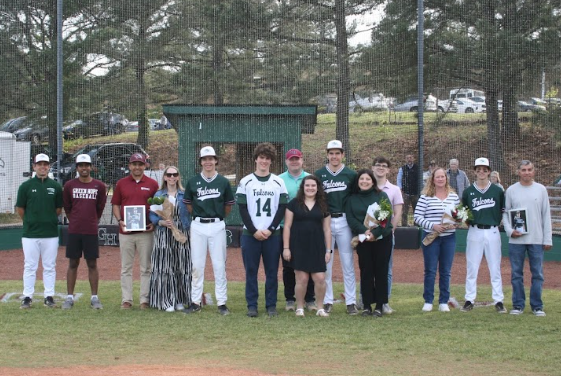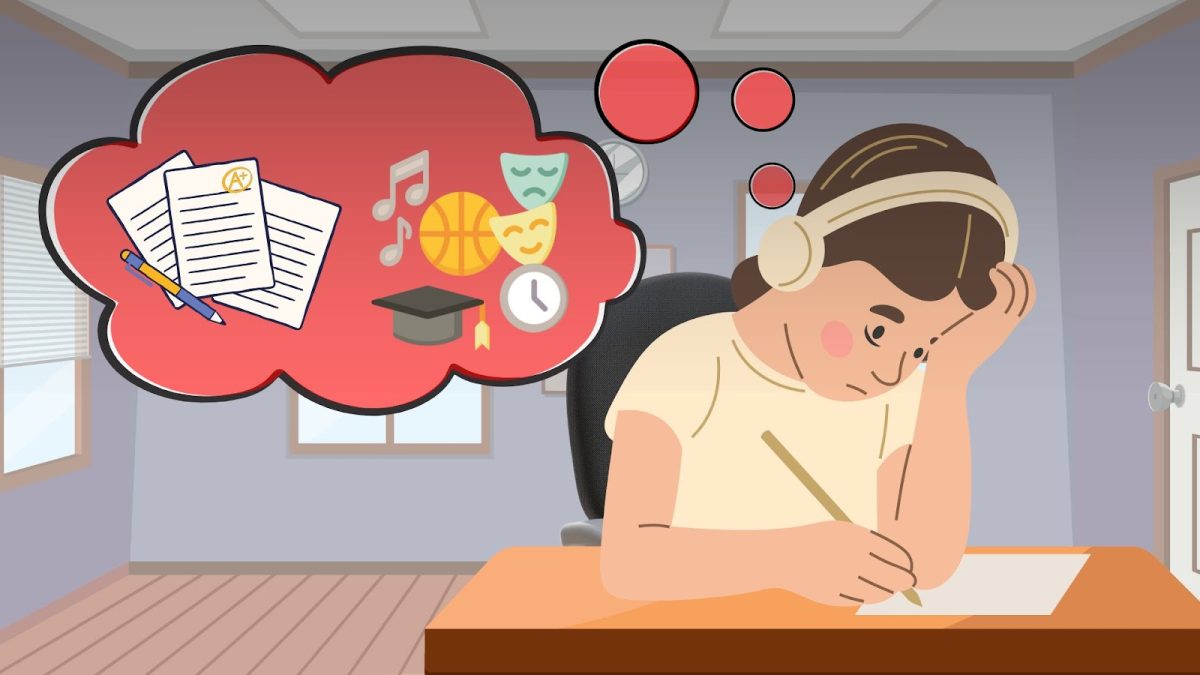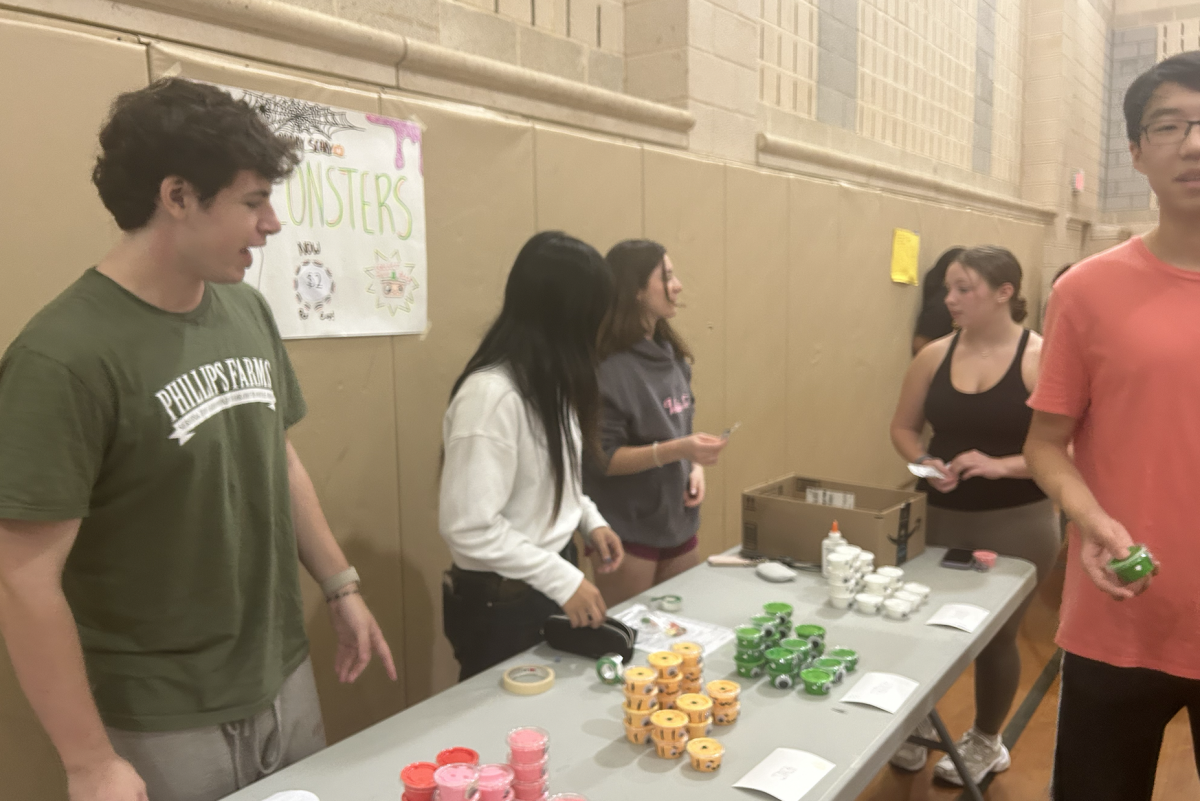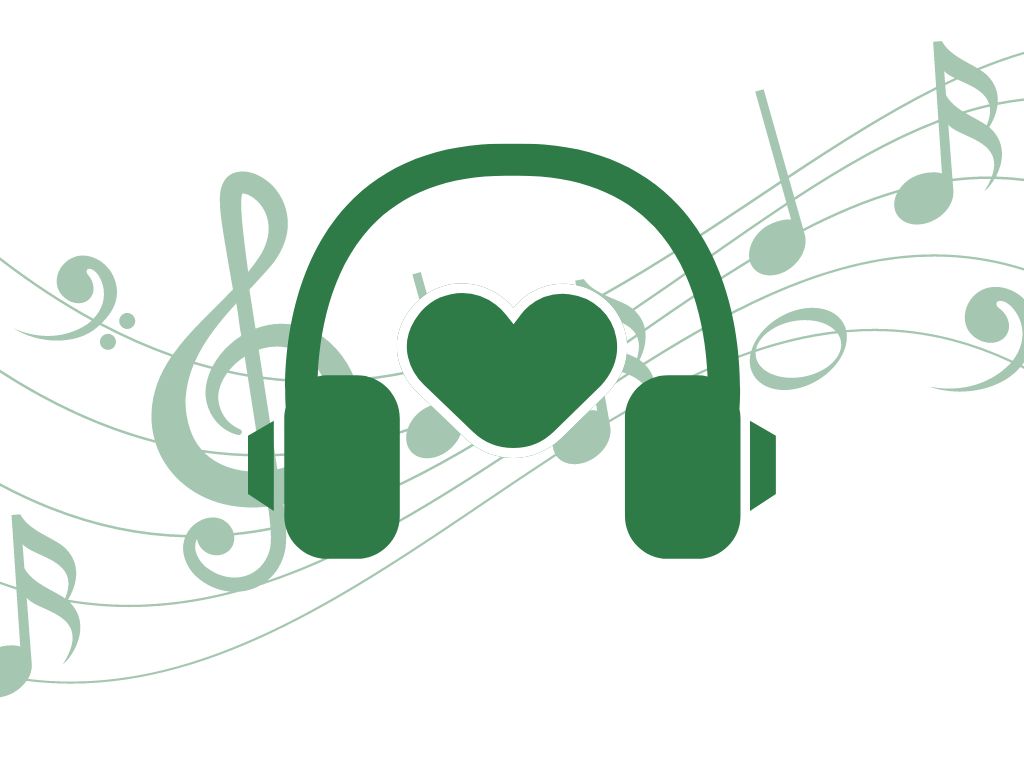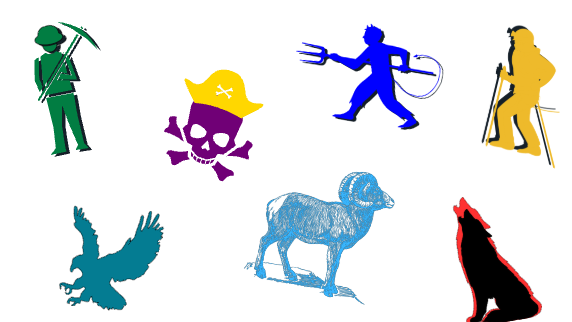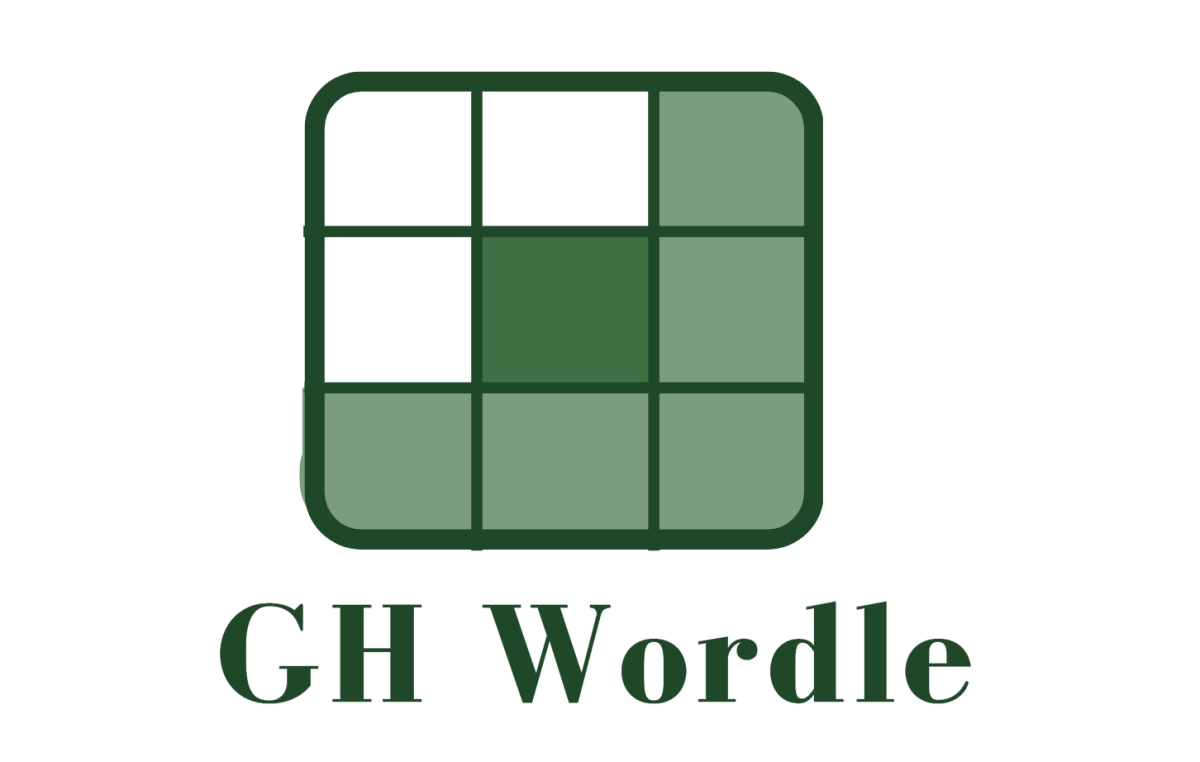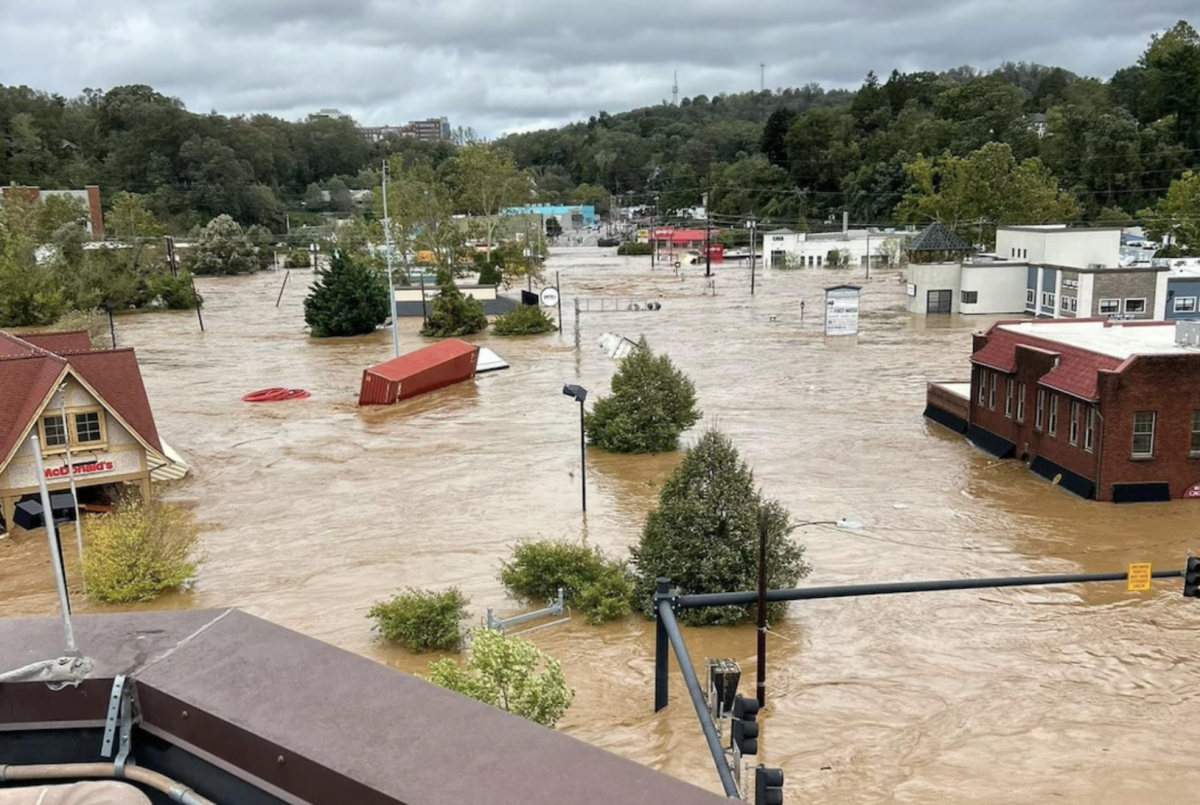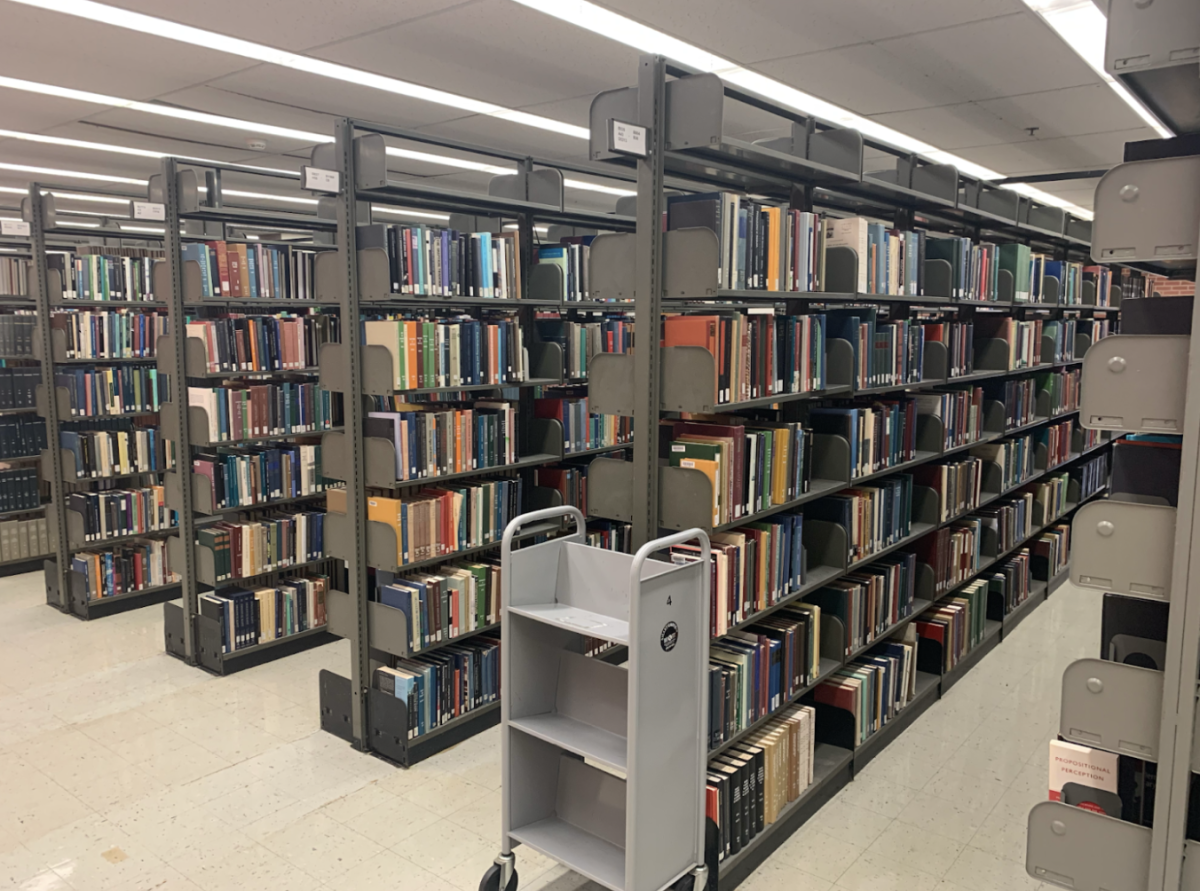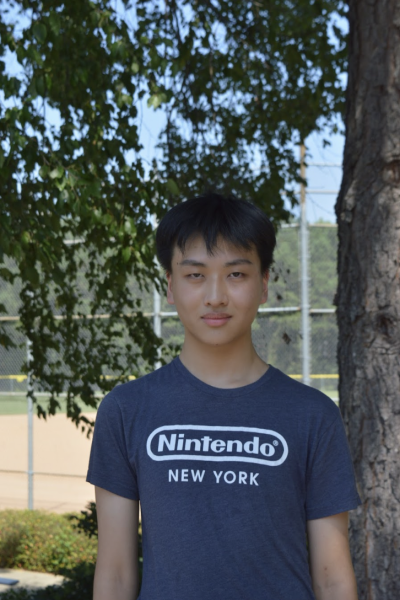As children begin their education, learning phonics and letters stands out as one of their earliest memories. Teachers invest time and effort in supporting them through read-alouds and writing projects, laying the foundation for crucial literacy skills. However, recent years have revealed a concerning trend—an increasing gap in literacy abilities among elementary school-aged children, exacerbated by the challenges of the pandemic, impacting their lives well beyond the classroom.
The United Kingdom National Literacy Trust defines literacy as “the ability to read, write, speak and listen in a way that lets us communicate effectively and make sense of the world.” However, for many children, literacy impacts their future job opportunities and the extent to which they are affected by illnesses.
The organization explains how illiteracy leads to students falling behind, which makes them struggle with their learning, confidence, and self-esteem. The effects of illiteracy carry into adult life, with its adverse effects exaggerated. The Trust states, “As an adult, you can’t get the jobs you want, and navigating everyday life can be difficult – from using the internet to filling out forms or making sense of instructions on medicines or road signs. If you have children, it’s hard to support their learning, and so the cycle continues.”
In the past few years, literacy rates among elementary-aged children in the United States reached an all-time low. According to the National Center for Educational Statistics, between 2020 and 2022, literacy rates decreased by five points on the National Assessment of Educational Progress for nine-year-olds across the United States – this marked the highest drop since 1990. In North Carolina, there was a significant drop in the percentage of students that scored a passing grade in EOC/EOG (end-of-course or end-of-grade) reading tests in every grade from 2018-2019 data compared to 2020-2021 data.
However, experts weren’t surprised by this drop. Professor Jill Grifenhagen, an assistant professor of literacy education at NC State University, explained that even before the pandemic, literacy rates were leveling off. “By many metrics, early literacy achievement has been somewhat stagnant in recent years, leading up to the COVID-19 pandemic,” she said. During the pandemic, literacy in elementary schools stagnated. “Early childhood experiences, particularly with language, play a big role in learning to read and write [children weren’t given the opportunity to gain these experiences], so pandemic impacts on our state’s youngest children may have an effect for a number of years.”
Mrs. Laura Linton, a literacy coach at Davis Drive Elementary School, highlighted the effects of the pandemic on children’s speaking and listening skills. “The pandemic had a huge impact on reading instruction, especially in elementary schools. Students need to see lip movement, tongue placement, and hear the slight differences in sounds in order to decode (read words) and encode (spell). Providing these foundational skills over a computer screen, or behind a mask, was extremely challenging, to say the least.” The impact of COVID-19 extended beyond disrupting in-person schooling for children. It also resulted in the closure of recreational and educational facilities, which play a crucial role in children’s literacy development.
Mrs. Linton underscored the pandemic’s impact on children’s access to resources. “During the pandemic, children had limited exposure to gathering spaces like libraries and museums, where literature and rich conversations are abundant.”
While the pandemic significantly restricted children from experiencing the social learning essential to obtaining literacy, it was not the only factor contributing to the issue. Socioeconomic factors also play a role in determining a child’s literacy.

Grifenhagen described the effects that poverty has on childhood education. “Most significantly, socioeconomic status is correlated with reading achievement, such that children growing up in poverty on average have lower literacy outcomes as compared to their peers.” Along with poverty, Grifenhagen identified several other factors that add to this issue. “In addition to children growing up in poverty, other groups of children tend to have more challenges with literacy in general. These may include multilingual students who have the added challenge of learning to read and write in new or varied languages, and students in rural communities, who may have access to fewer community resources (libraries, tutoring, museums/arts/etc.) and infrastructure (transportation, internet) to support learning and enrichment.”
State funding plays a major role in determining wealth and resource distribution within the education system. The Leandro Ruling, a Supreme Court case that ensures the government provides all students regardless of their socioeconomic background, with a sound education, continues to be overlooked and underfunded for over three decades. In November of 2021, Judge David Lee requested $1.7 billion to fund the ruling, but that request was later appealed in December. Along with this appeal, Judge Michael Robinson also discovered that this cause was underfunded by $785 million based on the 2021-2022 budget. In 2022, to further divide the rich and the poor, North Carolina legislators shifted portions of funding for public schools to private schools, specifically with vouchers. With this change, the state took away the money owed to the state’s poorest schools, further compounding the lack of resources and funding needed for public schools.
Technology can either determine success or failure as well. Children, on average, spend seven to eight hours in front of a screen for entertainment daily. This detracts from the time children could use for enriching educational activities, such as reading, which inhibits the growth of essential literacy skills.
Linton elaborated on the replacement of books with technology. “Children are reading fewer books and are not being read to as often. Technology has taken the place of face-to-face, and face-to-book time for many children. We have seen a vocabulary decline. Teachers tend to suspect that families are spending less time in face-to-face conversations as children have more screen time to occupy time.”
Technology usage impacts childhood literacy beyond the high amounts of screen time. On the internet, children regularly come by abbreviated forms of communication, such as emojis, acronyms and slang, which may not always reinforce formal language skills that are critical to establishing strong literacy skills. The instant gratification provided by technology encourages a preference for quick, superficial interactions over sustained engagement. This can lead children to develop shorter attention spans and may result in struggles to engage deeply with reading. Consequently, children may find it challenging to develop the desire or capacity to properly learn how to read.
Teachers and advocates are pushing for changes to these trends, however. A literacy coach, such as Linton, works as an instructional provider with specialized knowledge in the science of reading, evidence-based approaches to teaching, and ELA state standards. Educators such as Linton work closely with students outside of class to ensure that they have a strong foundation of literacy to build upon in their normal classes. Through her work, she strengthens children’s literacy skills, addressing the concerns that hinder a student’s education.
Communities are taking action to ensure childhood literacy as well. Many local groups are advocating for the Leandro funding and the NC Early Childhood Foundation’s work on the Campaign for Grade-Level Reading. But fully getting state funding can be hard, so many turn to small, but effective solutions. Local programs, such are Wake Up and Read and Book Harvest are two programs addressing literacy in the Triangle area. Additionally, NC Senate Bill 387 and related legislation have put in place specific mandates around funding for early literacy in North Carolina
As a combination of wealth gaps, adverse technology use and reduced state funding cause illiteracy among elementary-aged children around the country, efforts from advocacy groups, educators and literacy support groups continue to fight the illiteracy crisis.










